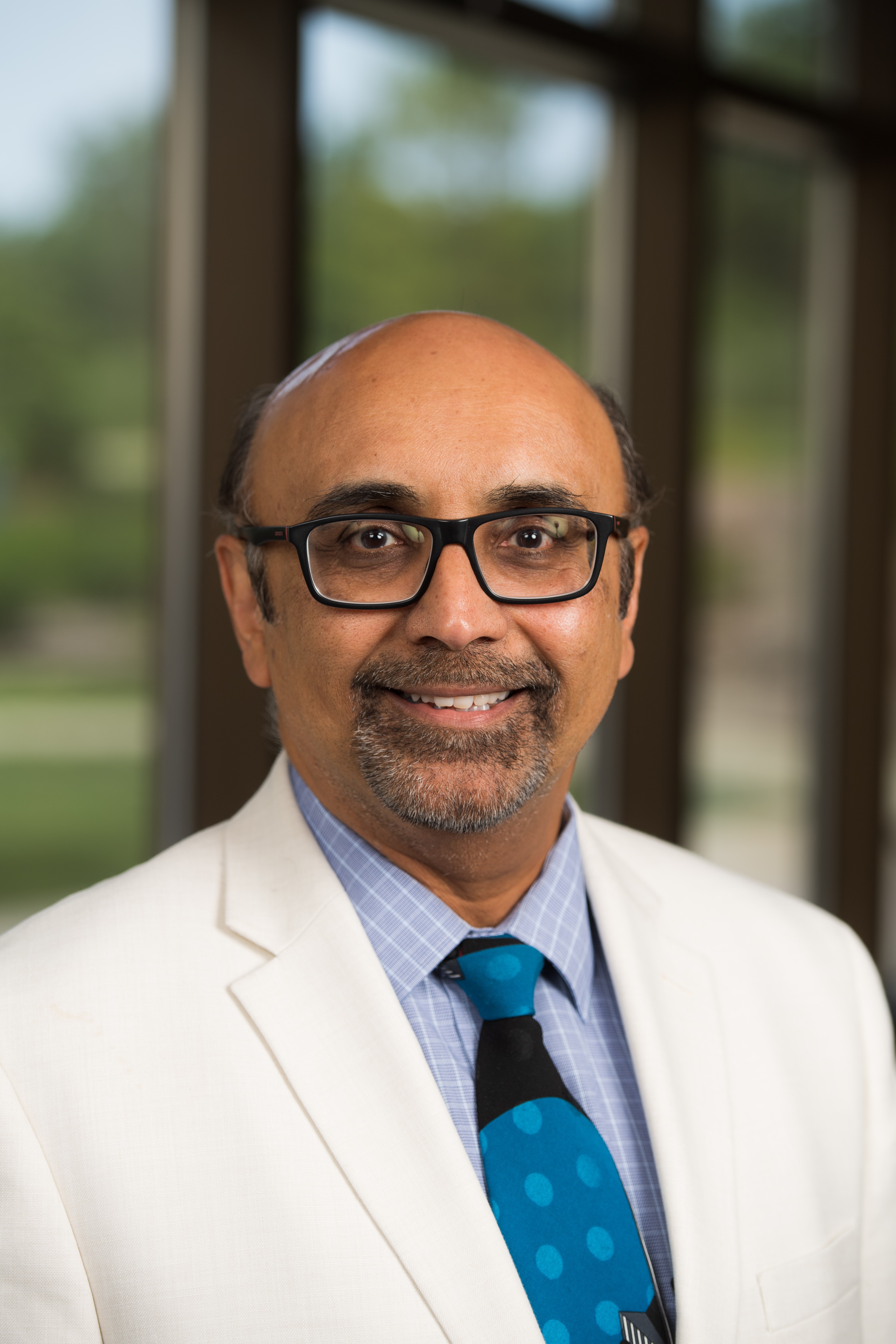Read the entire article on Healio's website
[excerpt]
With the closing of many businesses and places of employment, a significant proportion of working-age adults have lost their jobs. This can be a blow to individuals’ sense of fundamental purpose in life, according to Sagar V. Parikh, MD, FRCPC, professor of psychiatry at the University of Michigan and associate director of the University of Michigan Depression Center.
“It eats at our sense of competency if we're not at work and makes us worry whether we’ll be able to pay for essentials, such as rent and food,” Parikh told Healio Psychiatry. “It's a very profound, existential threat. For those deemed essential service workers who are still going to work, there’s added stress regarding whether they will get the virus.”
Perhaps the most difficult mental health concern for this segment of the population, according to Parikh, is increased anxiety associated with having to suddenly provide additional care for family members, such as school-age children or elderly parents, combined with potential work-related responsibilities.
Social isolation from work colleagues is another potential challenge.
“With this virus shutting down the workplace, people have lost not only social interactions with best friends who don't happen to live in their home, but also interactions with the wide variety of supportive, friendly, casual relationships at work and in public that make for a rich social texture,” Parikh said. “I think loneliness, despair and a sense of drifting are going to be prominent.”
For clinicians to be able to help this patient population, they must first quell their own anxiety, according to Parikh. Further, they can ask themselves questions such as, “How am I looking after myself? How am I protecting myself against the virus while also protecting myself against burnout?”
It’s also important for clinicians to maintain a routine by starting their workday at a dedicated time, wearing clothing similar to what they might wear to the office and having a specific time and place for conducting telemedicine sessions from home. Moreover, they should also remain aware of the key facts regarding COVID-19 so they can incorporate these into their sessions, even if it's a mental health session, Parikh said.
Once clinicians have built a routine for themselves, they can then instruct patients on how to do this in their own lives.
“We all benefit from having a schedule for activities, eating, exercise and sleep,” Parikh said. “Building these components into a fundamental schedule is important.”




